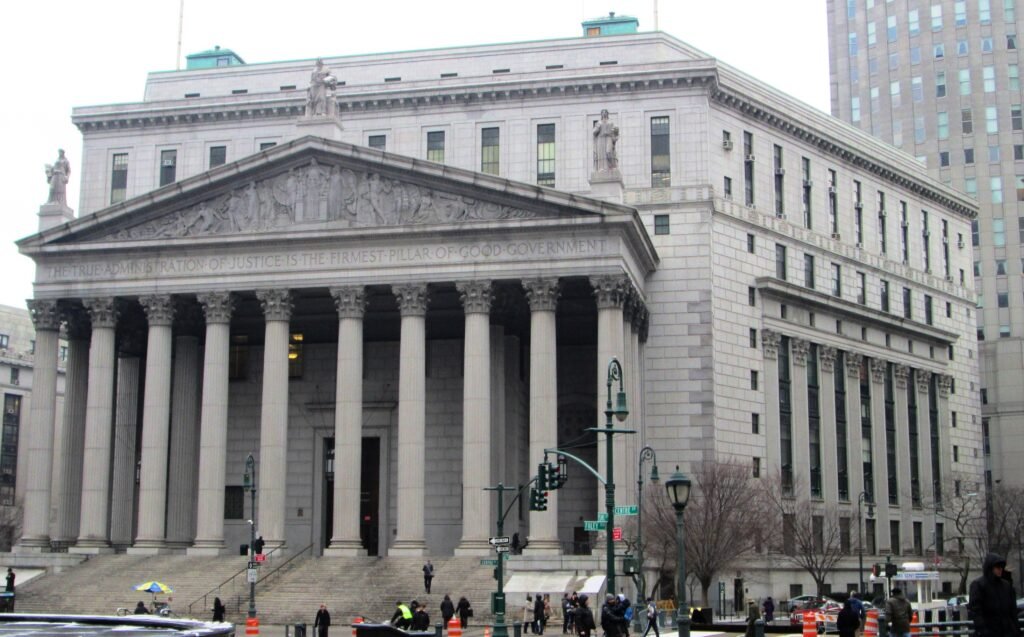OpenAI is currently embroiled in a legal battle in India over allegations of unauthorized content usage, with the company arguing that deleting ChatGPT’s training data would conflict with its legal obligations under U.S. law.
The case, brought forward by Indian news agency ANI, accuses OpenAI of using its content without permission to train its AI models. In response, OpenAI asserts that Indian courts lack jurisdiction over the matter, as the company neither operates nor has offices within the country.
The Legal Standpoint
In a filing to the Delhi High Court on January 10, OpenAI emphasized that it is bound by U.S. regulations to retain training data due to ongoing litigation in its home country. The company maintains that removing the data would violate its legal duties under U.S. law, complicating the demands made by ANI to erase its content from ChatGPT’s databases.
ANI, partially owned by Reuters, initiated legal action in November, claiming OpenAI had leveraged its published content without authorization. Despite OpenAI’s assurance during an earlier court hearing that it would cease using ANI’s material, the news agency insists that previously ingested data remains within the system and must be deleted.
Jurisdiction Dispute
OpenAI has positioned jurisdiction as a key point of defense, stating that since its infrastructure and operations exist outside of India, the Delhi court lacks the authority to enforce data deletion. ANI, however, disputes this claim, arguing that the court has jurisdiction over the matter and plans to submit a comprehensive rebuttal.
The outcome of this case could have broader implications for AI companies operating internationally, as legal frameworks struggle to keep pace with rapid technological advancements and cross-border data governance issues.
Copyright Battles in the AI Space
OpenAI’s legal challenges are not isolated to India. The company has faced similar lawsuits worldwide, including a high-profile case filed by The New York Times in the U.S., which accuses OpenAI of using its content without proper authorization.
The evolving landscape of AI and copyright law raises pressing questions about fair use, data ownership, and the responsibilities of AI developers in acquiring and processing public content. OpenAI, in its defense, has consistently argued that its models rely on publicly available data within the bounds of fair use.
Concerns Over Competition
ANI has also expressed concerns regarding OpenAI’s partnerships with prominent media outlets such as The Financial Times, Time Magazine, and Le Monde. The news agency argues that such collaborations provide OpenAI with an unfair advantage and reduce competition in the digital content space.
Furthermore, ANI claims that ChatGPT often produces excerpts closely resembling its published articles in response to user queries, raising further concerns about intellectual property violations. OpenAI, however, has countered these claims, suggesting that ANI deliberately used its own content as prompts to generate evidence for its lawsuit.
What’s Next?
The Delhi High Court is set to hear the case on January 28, and the verdict could have significant ramifications for AI developers, content creators, and legal experts navigating the intersection of copyright law and artificial intelligence.
Meanwhile, OpenAI continues to expand its commercial ventures, having raised $6.6 billion in funding last year and securing strategic partnerships with global media organizations. As it transitions from a nonprofit to a for-profit entity, balancing regulatory compliance with commercial interests remains a critical challenge.
Sources: https://www.artificialintelligence-news.com/news/openai-argues-against-chatgpt-data-deletion-in-indian-court/ https://en.wikipedia.org/wiki/New_York_County_Courthouse






